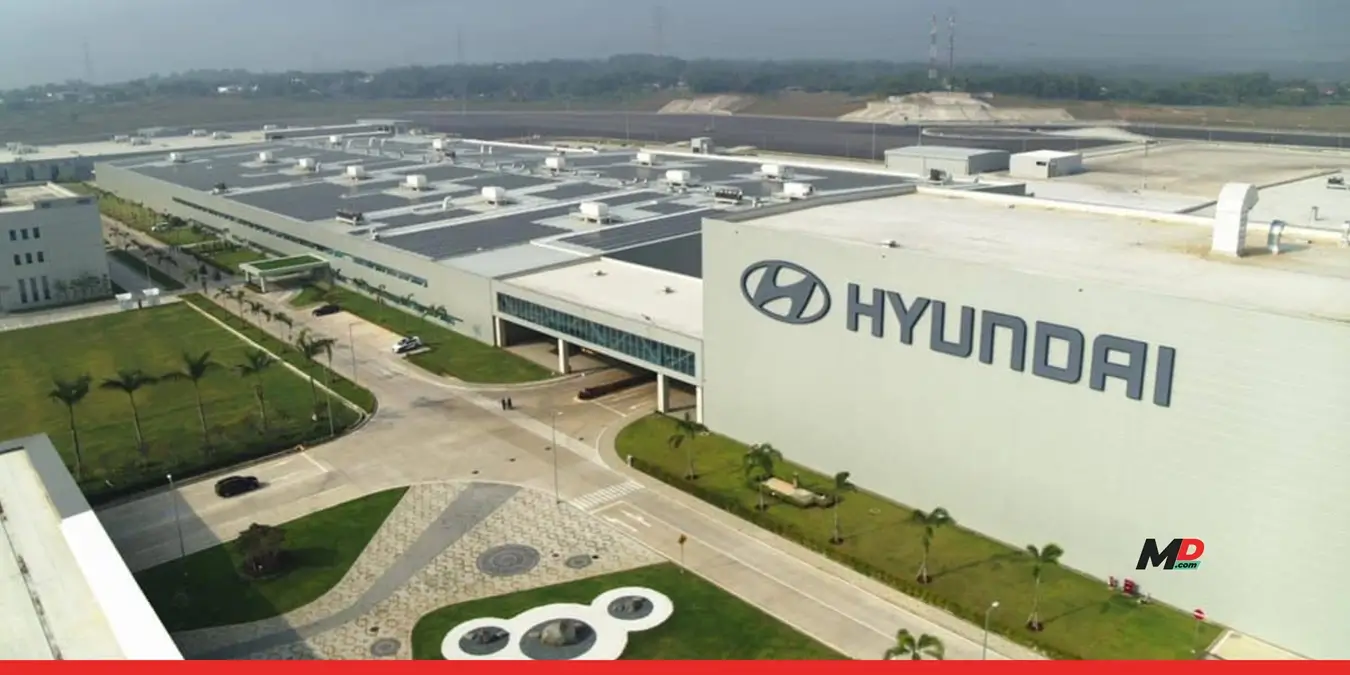Published
1 year agoon

The Indian automotive landscape is about to witness a historic event – the initial public offering (IPO) of Hyundai Motor India, the country’s second-largest passenger vehicle manufacturer.
With a proposed issue size of a staggering ₹27,870 crore, this IPO is poised to eclipse even the much-hyped LIC public offering, making it the biggest share sale in India’s history. As the hype and anticipation build, the big question on every investor’s mind is: should you buckle up and ride along with Hyundai on this exhilarating journey, or is it prudent to sit this one out?
Hyundai’s Roaring Ascent in India
Hyundai’s story in India is nothing short of a blockbuster. Since its entry in 1996, the South Korean auto giant has steadily climbed the ranks to become the second-largest player in the country’s passenger vehicle market, commanding an impressive 14-15% market share. The company’s success can be attributed to its ability to read the pulse of Indian consumers, offering a diverse portfolio of vehicles that cater to a wide range of preferences – from the iconic Santro hatchback to the popular Creta and Tucson SUVs.
Hyundai’s Expansion Plans: Fueling Growth
As part of its ambitious growth strategy, Hyundai Motor India has recently acquired a manufacturing plant in Talegaon, Maharashtra, which is expected to commence partial production by 2026 and ultimately boost the company’s total production capacity to a staggering 1.07 million units. This strategic move not only strengthens Hyundai’s domestic foothold but also positions it as a key player in the global export market, with the potential to serve emerging markets in South Asia, Latin America, Africa, and the Middle East.
Robust Financials: A Solid Foundation
Hyundai’s financial performance has been consistently strong, with the company reporting a revenue of ₹77,868 crore and a profit after tax of ₹5,961 crore in the fiscal year 2024. This translates to a healthy net profit margin of 7.6%, which is on par with industry leader Maruti Suzuki. Moreover, Hyundai’s debt-to-equity ratio stands at a comfortable 0.26, indicating a robust balance sheet and the ability to navigate market uncertainties.
Valuation: Striking a Balance
At the upper end of the price band of ₹1,960 per share, Hyundai Motor India is seeking a valuation of 26 times its FY24 earnings per share, which is slightly lower than its closest competitor, Maruti Suzuki. While this may appear steep, analysts believe the company’s strong brand, diverse product portfolio, and growth potential justify the premium. Additionally, the IPO’s offer-for-sale structure, with no fresh capital being raised, could make the valuation more palatable for long-term investors.
Risks and Challenges: Navigating the Road Ahead
As with any investment, the Hyundai IPO is not without its risks. The company’s reliance on select suppliers for critical components and materials could pose supply chain disruptions, while the cyclical nature of the automotive industry means it is susceptible to fluctuations in demand. Furthermore, the rapid evolution of the electric vehicle (EV) market and the need to adapt to alternative fuel technologies present both opportunities and challenges for Hyundai.
Brokerage Recommendations: Weighing the Options
Despite the potential risks, the majority of brokerages have assigned a “Subscribe” rating to the Hyundai IPO, albeit with a long-term investment horizon in mind. ICICI Direct, for instance, expects “limited listing gains” but believes Hyundai can deliver “healthy double-digit portfolio returns over the medium to long term.” Similarly, Sharekhan and SBI Securities have tagged the issue as a “Subscribe for Long Term” recommendation, citing the company’s strong brand, technology, and export potential.
Investor Sentiment: Gauging the Market Pulse
The grey market premium (GMP) for the Hyundai IPO has seen a significant drop in recent weeks, falling from around ₹570 to just ₹65, suggesting that investors may be tempering their expectations for immediate listing gains. This trend is in line with the lukewarm market debuts of some high-profile IPOs in the past, such as LIC and Paytm. However, the long-term prospects of the company appear to be the driving factor for most analysts and investors.
The EV Factor: Hyundai’s Electrifying Future
The transition to electric vehicles (EVs) is a crucial challenge facing the automotive industry, and Hyundai is no exception. The company’s long-term competitiveness will depend on its ability to adapt to this evolving landscape and meet the growing customer demand for eco-friendly, emission-free transportation solutions. Hyundai’s success in navigating this shift will be a crucial determinant of its future growth and profitability.
Hyundai’s Export Prowess: A Global Footprint
In addition to its strong domestic presence, Hyundai Motor India has also emerged as a significant player in the export market, accounting for 21% of its total volumes in the fiscal year 2024. The company’s ability to leverage its manufacturing capabilities and cater to the needs of international markets, particularly in emerging economies, could be a significant growth driver going forward.
Investor Takeaways: Weighing the Pros and Cons
For investors considering the Hyundai IPO, it’s essential to weigh the potential upsides against the inherent risks. While the company’s strong brand, diverse product portfolio, and growth prospects make it an attractive long-term investment, the short-term listing gains may be limited. Investors with a longer investment horizon and a higher risk appetite may find the Hyundai IPO a compelling opportunity, while those seeking immediate returns may want to tread more cautiously.
The Hyundai Motor India IPO presents a unique opportunity for investors to participate in the growth story of one of the country’s leading automotive players. With its robust financials, ambitious expansion plans, and global footprint, Hyundai appears well-positioned to navigate the evolving industry landscape. However, as with any investment, it’s crucial to conduct thorough due diligence, assess the risks, and align your investment strategy with your financial goals and risk tolerance.


Here’s why Adani is betting $100 Billion on Data Centers


Sterlite Group appoints Sumil Mathur as Group CFO


India’s young entrepreneurs are building billion-dollar startups


Anthropic opens India office in Bengaluru


Mankind Pharma Reinvents Global Supply Chain and Procurement with Accenture


“Don’t build first and fix later”

